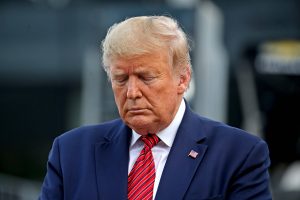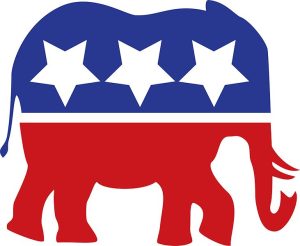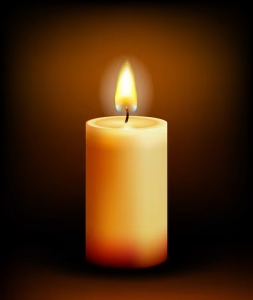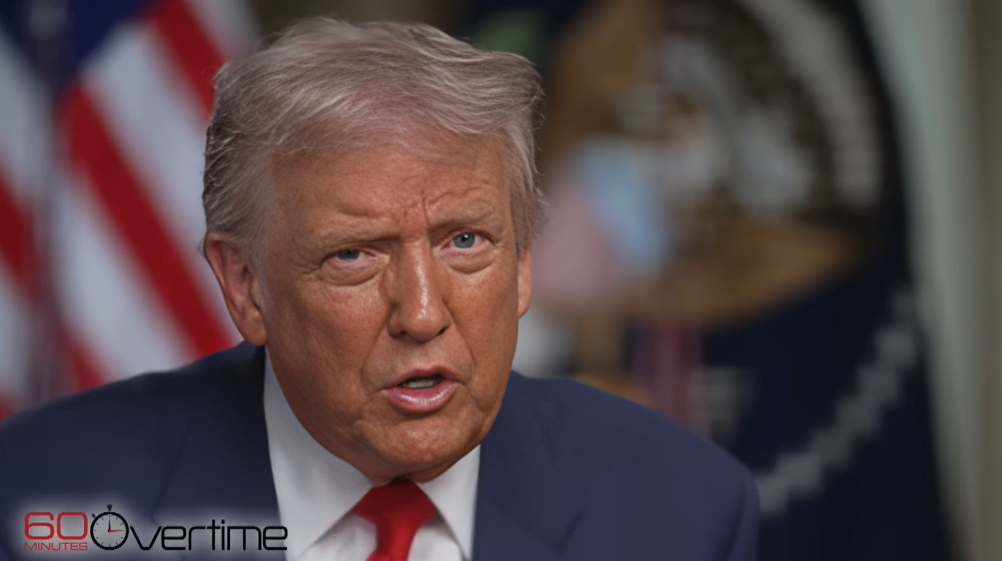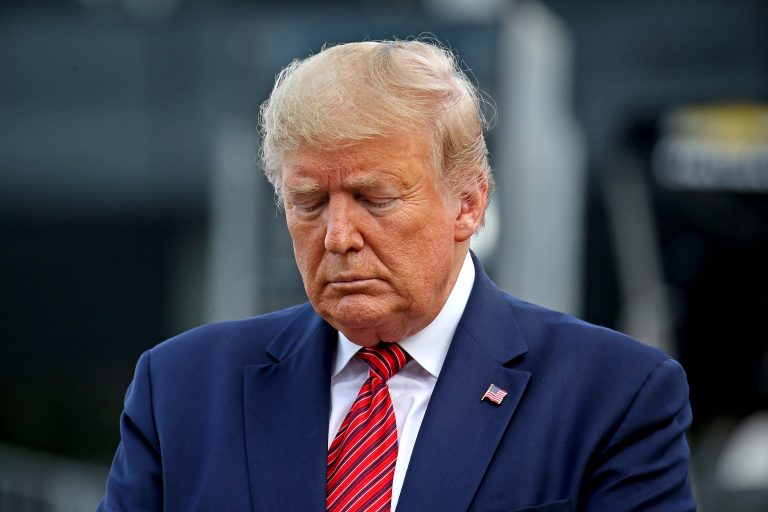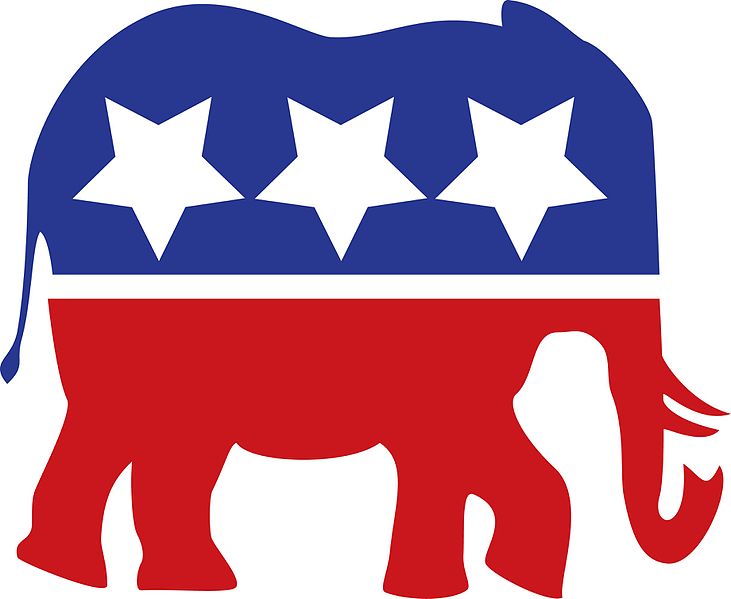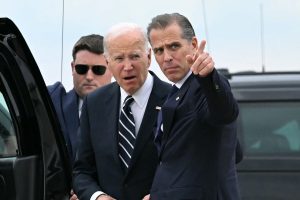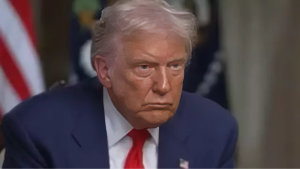President Donald Trump surprised 60 Minutes host Norah O’Donnell during an interview aired Sunday (November 2), when he claimed that China and Russia are secretly testing nuclear weapons — despite global treaties banning such activity. The exchange, filmed at Trump’s Mar-a-Lago resort, quickly drew attention for its implications about global nuclear stability and for the former president’s suggestion that the United States should begin testing its own nuclear arsenal “to keep pace.”
The comments, made during a segment that covered issues ranging from immigration to national security, left O’Donnell momentarily speechless and reignited debate over whether the United States might reconsider its long-standing moratorium on nuclear testing.
The Exchange That Sparked Reactions
When asked about nuclear tensions around the world, O’Donnell noted that North Korea remains the only country known to have conducted recent nuclear tests. Trump immediately interjected.
“Russia’s testing and China’s testing, but they don’t talk about it,” Trump claimed.
A visibly surprised O’Donnell pressed for clarification, saying such activity would be “very newsworthy.” She added that current intelligence assessments have only identified Russia as having tested “delivery systems,” not live nuclear warheads.
Trump doubled down on his assertion.
“They test way underground where people don’t know exactly what’s happening with the test. You feel a little bit of a vibration,” he said. “They don’t have reporters that are going to be writing about it. We do. We are going to test — they test.”
Though Trump did not provide evidence to support his claim, his remarks echoed previous posts on Truth Social where he argued that America risks “falling behind” in nuclear preparedness.
Renewed Calls for U.S. Nuclear Testing
In the same interview, Trump reiterated his view that the United States must “test” its nuclear capabilities for the first time in more than three decades, despite emphasizing that he would “never use” such weapons.
Last week, he announced via Truth Social that he had instructed the Department of War — a rebranded version of the Department of Defense under his current administration — to prepare for renewed testing. The move, he said, was motivated by reports that other global powers had resumed or intensified secret testing programs.
“Because of the tremendous destructive power, I hated to do it, but had no choice,” Trump wrote. “Russia is second, and China is a distant third, but will be even within five years.”
Trump’s message framed the tests as both a deterrent and a signal of American strength, stating that testing would begin “immediately.” His administration has not released further details on timelines or testing sites.
Background: The U.S. Testing Moratorium
The United States last conducted an underground nuclear test in 1992. The following year, it signed the Comprehensive Nuclear-Test-Ban Treaty (CTBT), which prohibits all explosive nuclear tests. While the treaty has not been ratified by the U.S. Senate, successive administrations have observed a voluntary moratorium for more than three decades.
Russia ratified the CTBT in 2000 but announced in October 2024 that it would withdraw its ratification, citing growing tensions with NATO and Washington. China has signed but not ratified the treaty and has long been suspected of conducting subcritical or simulation-based tests at its Lop Nur facility — activities that are difficult to verify.
If Trump follows through on his directive, it would mark a dramatic reversal of long-standing U.S. nuclear policy and could trigger similar responses from other nuclear powers.
Expert Reactions and International Concern
National security experts expressed alarm at Trump’s comments, warning that renewed testing could unravel decades of nuclear restraint.
Dr. Elaine Park, a nuclear policy analyst at the Center for Strategic Stability, said Trump’s remarks could heighten global tensions.
“Even suggesting that the United States might resume nuclear testing risks encouraging other countries to do the same,” Park explained. “It could lead to a new arms race at a time when international oversight mechanisms are already under stress.”
Foreign officials also reacted cautiously. Russian Deputy Foreign Minister Sergei Ryabkov said last month that any confirmed U.S. nuclear test would be viewed as a “serious provocation.” China’s Foreign Ministry did not respond directly to Trump’s statements but reiterated its commitment to “responsible stewardship of nuclear weapons.”
Meanwhile, the United Nations Office for Disarmament Affairs reminded all signatories that the CTBT remains “the most effective barrier against the resumption of nuclear testing.”
A History of Escalating Nuclear Rhetoric
Trump has often used strong language regarding nuclear deterrence. During his first term, he emphasized “modernizing” the U.S. arsenal and increasing military readiness, arguing that strength would prevent conflict.
In 2023, he claimed credit for a “complete renovation” of the nuclear stockpile, stating that the U.S. possessed “more advanced weapons than any other nation.” Critics countered that modernization had already begun under previous administrations and that Trump’s comments overstated the program’s progress.
The former president has also used nuclear rhetoric to criticize rivals. In 2024, following tensions with Russian Security Council official Dmitry Medvedev, Trump warned that any direct aggression against U.S. allies would be met with “forceful consequences.” Medvedev responded by calling the remarks “a threat and a step toward war.”
Ongoing Intelligence Disputes
While U.S. intelligence agencies have publicly confirmed Russia’s testing of new missile delivery systems, they have not found evidence of full-scale nuclear detonations. Experts say it is plausible that limited subcritical experiments — which do not produce nuclear yield — may have occurred in Russia or China but stress that these do not violate the CTBT.
Dr. Henry Kalder, a former nuclear verification official with the International Atomic Energy Agency, cautioned against conflating delivery system tests with live detonations.
“There is a huge difference between testing a missile and testing a warhead,” Kalder said. “We have no data suggesting that Russia or China have violated the global test ban in recent years.”
Nonetheless, Trump’s claims have reignited debate in Washington about whether U.S. intelligence agencies are being transparent enough with the public and whether renewed testing could strengthen deterrence or undermine global stability.
What Comes Next
As of Monday, the Department of War had not released a timeline for the proposed tests or indicated which facilities might be used. The Nevada National Security Site, historically the location of U.S. underground tests, remains equipped for subcritical experiments but would require major reactivation for full-scale tests.
Lawmakers from both parties are expected to demand classified briefings on the issue. Senate Armed Services Committee members signaled that they plan to question the administration about compliance with existing arms control commitments and the potential diplomatic fallout.
If testing resumes, it would likely prompt strong international reactions, potentially including reciprocal testing by Russia and China — raising fears of a return to Cold War-era nuclear brinkmanship.
Conclusion
Donald Trump’s comments on 60 Minutes mark one of the clearest signals yet that his administration may move to end America’s three-decade pause on nuclear testing. Whether the claims about Russia and China’s secret programs prove accurate or not, the political and diplomatic consequences of even discussing renewed testing are significant.
The episode underscores how nuclear policy — dormant in public debate for decades — is once again emerging as a central issue in global security and U.S. politics.

Emily Johnson is a critically acclaimed essayist and novelist known for her thought-provoking works centered on feminism, women’s rights, and modern relationships. Born and raised in Portland, Oregon, Emily grew up with a deep love of books, often spending her afternoons at her local library. She went on to study literature and gender studies at UCLA, where she became deeply involved in activism and began publishing essays in campus journals. Her debut essay collection, Voices Unbound, struck a chord with readers nationwide for its fearless exploration of gender dynamics, identity, and the challenges faced by women in contemporary society. Emily later transitioned into fiction, writing novels that balance compelling storytelling with social commentary. Her protagonists are often strong, multidimensional women navigating love, ambition, and the struggles of everyday life, making her a favorite among readers who crave authentic, relatable narratives. Critics praise her ability to merge personal intimacy with universal themes. Off the page, Emily is an advocate for women in publishing, leading workshops that encourage young female writers to embrace their voices. She lives in Seattle with her partner and two rescue cats, where she continues to write, teach, and inspire a new generation of storytellers.
